

Thirty years of
Korean life
Then and now
It was an exciting adventure when I came to Korea for the first time back in 1982. It started during the immigration process when I had to register not only myself but also my Canon camera, to prevent me from selling it during my stay. Korea back then restricted imports in order to develop its own companies. Now, Korea is one of the biggest exporters of digital cameras in the world.
Written by Hans-Alexander Kneider,
Honorary Mayor of Seongbuk-dong
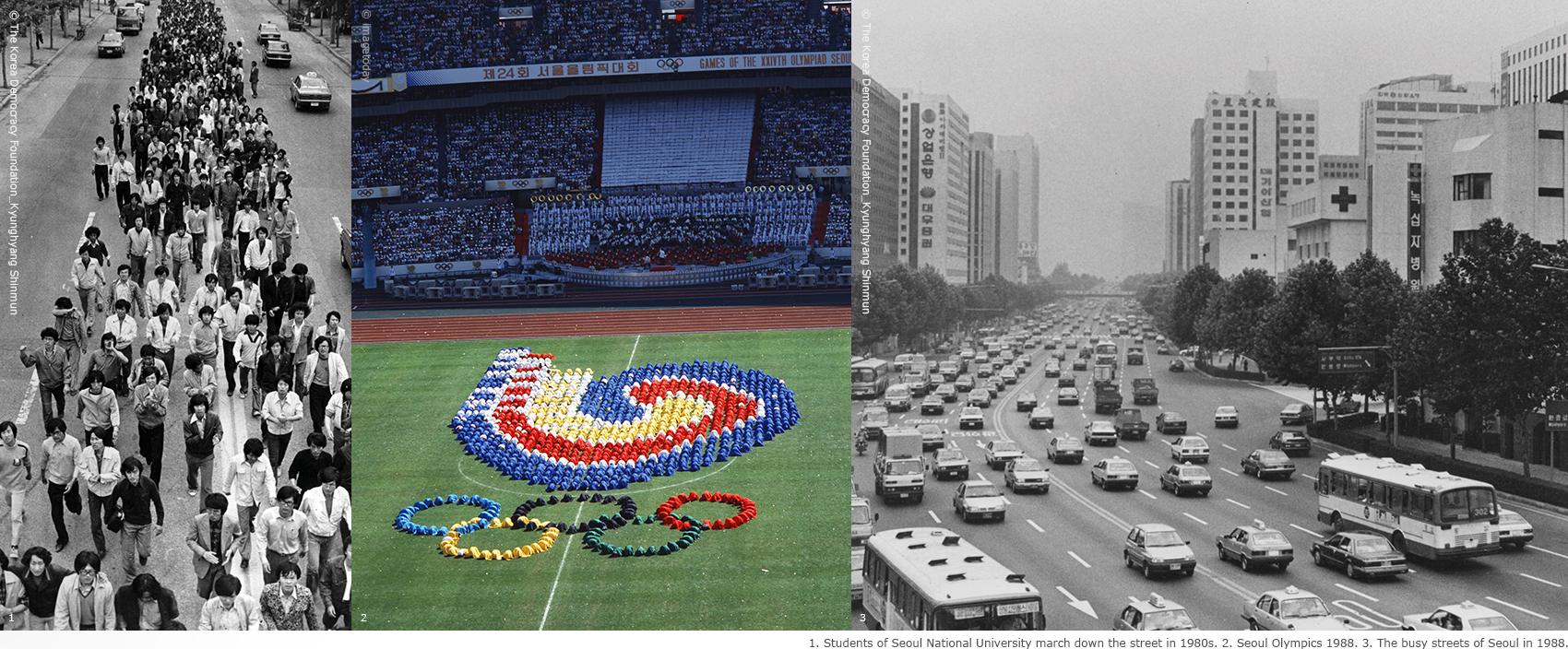
First Impressions of Seoul
Coming from an industrial city in North-Rhine Westphalia, Germany, called Bochum, with 350,000 inhabitants, I found Seoul, with its 6 million people back then, half as many as today, a huge metropolis. Everything was exciting and exotic: the culture, the food, the way of life, the people, and, yes, even the traffic with its many green Hyundai Pony taxis. It was of particular interest to me to experience the contrast between old traditions and modernization, between old palaces and modern high-rise buildings, and also to see and feel personally the presence of the military and the secret police, as this was during the regime of General Chun Doo-hwan. In front of each subway entrance, at each end of a bridge crossing the Hangang River, at bus and train stations, when crossing over by bus or by car to another province; in short, there was a military presence everywhere.
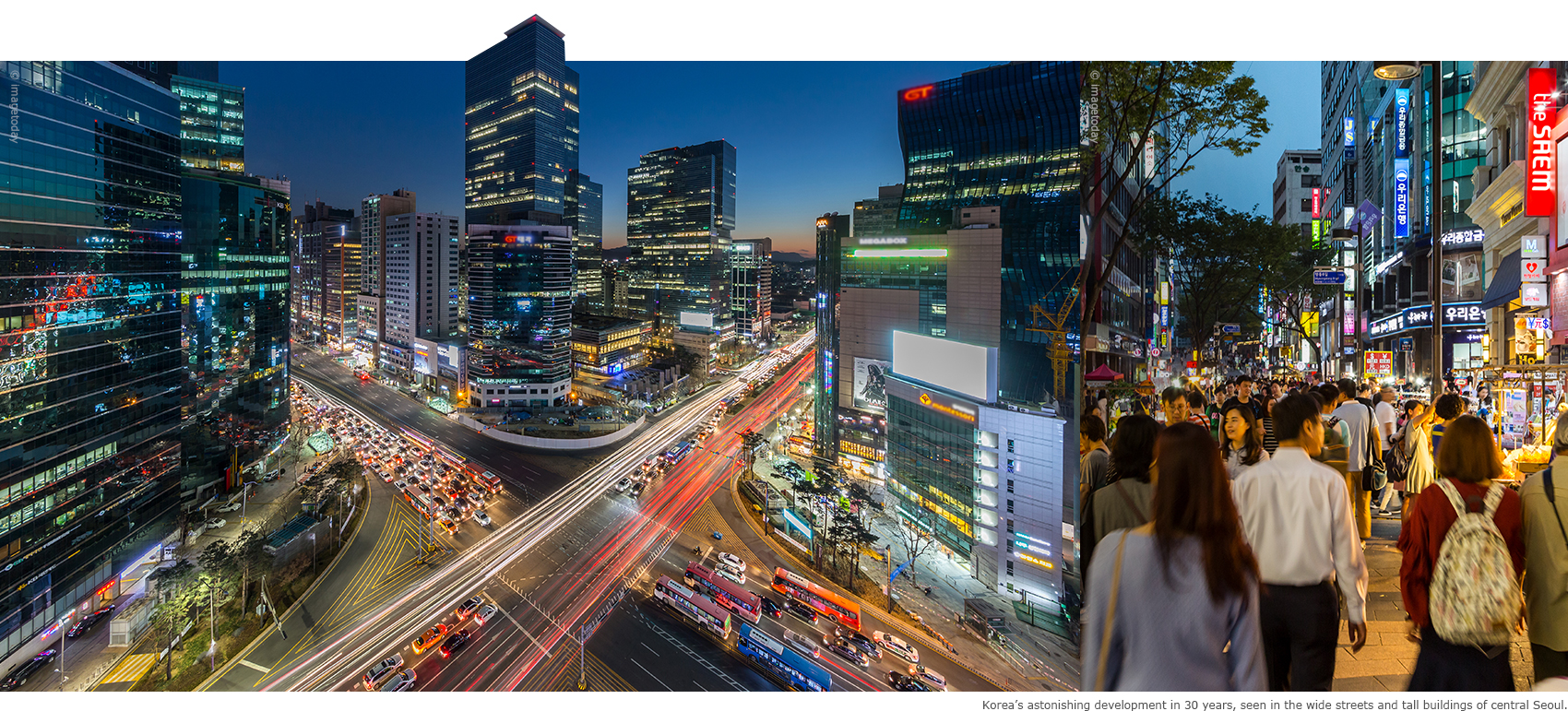
30 Years Ago Today...
Returning to Korea in February 1988, I found that secret police and military control could still be seen everywhere, even though the country was by now looking forward to the upcoming Seoul 1988 Olympic Games. The soldiers were not wearing their military attire anymore, but had put on jeans and suits. It was nothing but a civilian uniform, so they could still be easily recognized. It was again an exciting time for me. The labor unions declared solidarity with the students, and demonstrations were on the agenda each day. In view of the Olympic Games, it was the best opportunity for a democratic movement. During these turbulent times, I was a Ph.D. student at Seoul National University and could observe the preparations of the students for their daily clashes with riot police. Molotov cocktails, steel pipes and tear gas: Seoul was literally burning back then, with me in the middle.
Just as some people today cannot tell the difference between a Korean, a Japanese or a Chinese, so, too, many Koreans were unable to tell the difference between a German, French, Italian or someone from the U.S. For the majority of Koreans back then, every non-Asian person was from the U.S., and wherever I went, lots of people stared at me and shouted out their solidarity with the students and for democracy. I never felt insecure or threatened, not even once, because the violence was not aimed at individuals, but against the Korean military and the U.S. government.
From Stranger to Neighbor
Thirty years have passed since those adventurous days in 1988 and much has changed in Korea. Back then, people in big cities still stared out of curiosity at visibly non-Asian people and young girls or women would hide when I visited smaller villages in the countryside. Nowadays, nobody stares at me anymore. Due to events like the Seoul 1988 Olympics, the FIFA 2002 World Cup, the Asian Games in 2002 and 2014, and other international events, like the coming Winter Olympics this year, due to political, economic and social development, and due to globalization and internationalization, Korea has become an industrial country and has opened its doors to the world. Now, many foreigners come to make investments here or to live and work here, like me.
Lots of things have been done to make life easier for foreign residents, such as the establishment of the Seoul Global Center in January 2008. Non-Korean residents can actually learn Korean nowadays, as the language has always been the biggest barrier between Koreans and non-Koreans, and non-Koreans can now get help on every aspect of their daily lives.
Aside from my main job as a professor in the Department of German Language & Literature and at the Graduate School of Translation and Interpretation at Hankuk University of Foreign Studies, I became an honorary neighborhood official of Seongbuk-dong in Seoul and chief of the Seongbuk Global Village Center in November 2009. These centers were built to help foreign residents with all kinds of problems they might face, and to help them acclimatize to Korean society. Seongbuk-dong is a special place where 26 ambassadors were residing back in 2009. Now, in 2018, the number of official foreign government residencies has gone up to 47. Right from the beginning, I took advantage of the presence of so many government representatives. The idea was born to not only bring Korean society closer to our foreign residents, but also to introduce the local Korean neighborhood to the many foreign missions, as well.
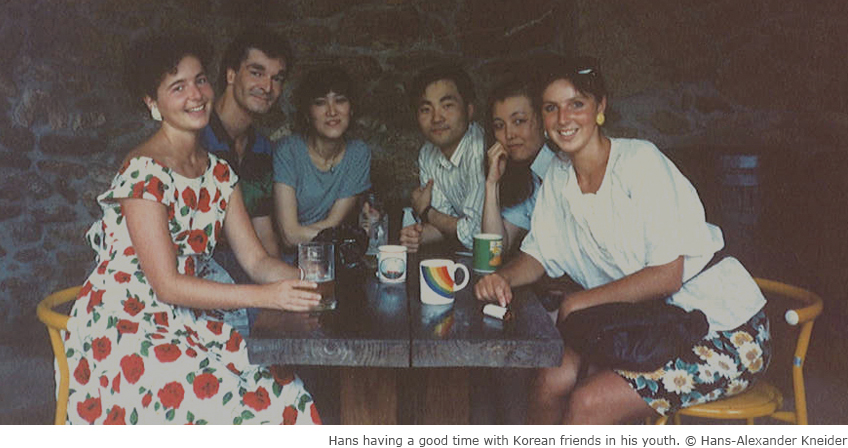
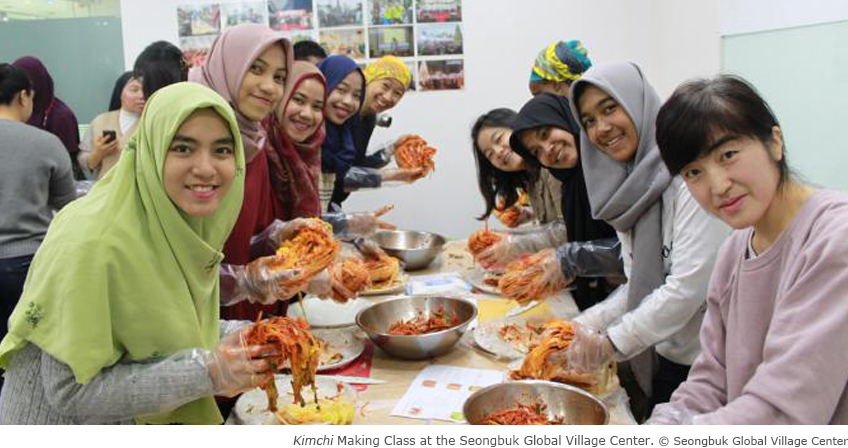
One in Multiculturalism!
Happiness in Seongbuk-dong
Thus, another chapter of my exciting life in Korea began. Besides the efforts at introducing people to each other from various countries that was going on at the Seongbuk Global Village Center, in December 2010, with the help of the German embassy and other German friends, I organized a three-day traditional German Christmas Market in Seongbuk-dong. It became such a success that other foreign missions asked me if they could participate, too. So it became a European Christmas Market. In December last year, our eighth yearly festival, we had 16 European countries and approximately 20,000 Korean and non-Korean visitors.
Other events have followed. There's now a Latin American Festival each year in June, an Islamic Cultural Festival started in October 2012, the African Festival started in September 2013, and the International Beer Festival started in September 2016. They are now each held yearly, just like the Christmas Market.
My honorary job as foreign "mayor" of the neighborhood of Seongbuk-dong not only presents me with the opportunity to promote international cultural exchanges, but also puts me in a position to help the administration of the city of Seoul on a small scale in various aspects as a foreign advisor. For all these activities, I became, among other things, an honorary citizen of Seoul in 2010.
Having seen and experienced Korea growing from an underdeveloped country to an industrialized and modern one, from a military dictatorship to a full-fledged democracy, from having import restrictions to being an open market, from a secluded to an international society, I think that, all in all, it was, both back then and still today, an exciting adventure for me to work and live in Korea.
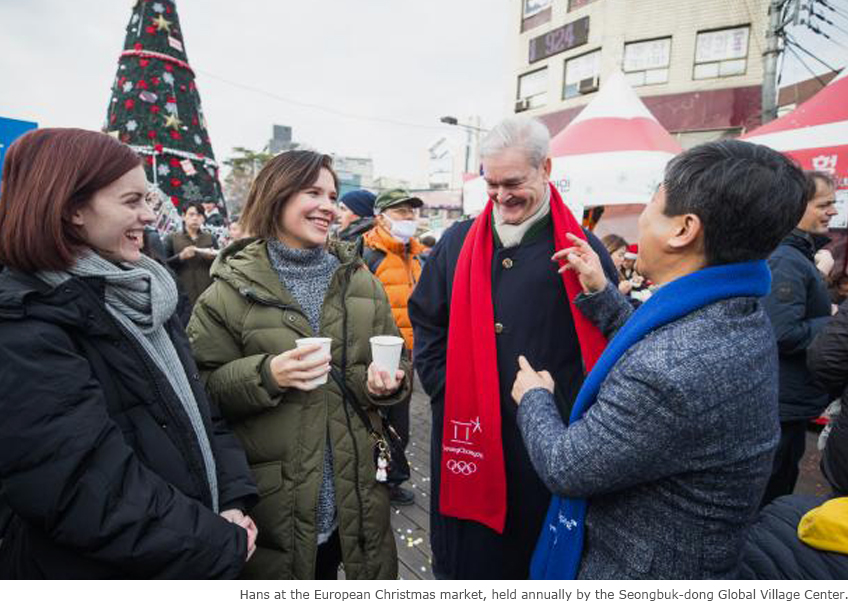
Other Articles
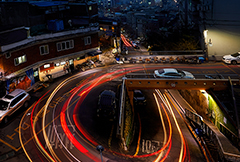
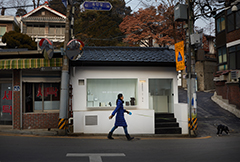
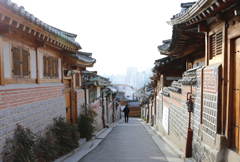
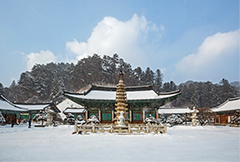
Odaesan Mountain,
Pyeongchang’s Treasure
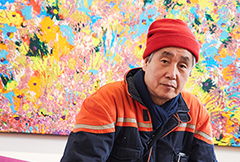
Hooked on Hangeul
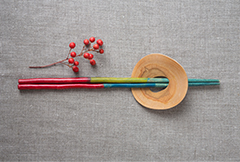
Designed To Be ‘Held’
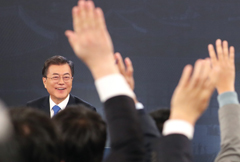
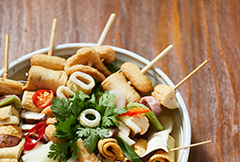
Eomuk Fishcakes
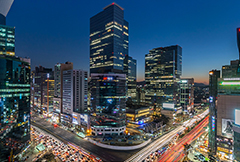
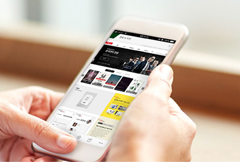
With Culture N Tickets
Application of subscription
Sign upThe event winners
Go






